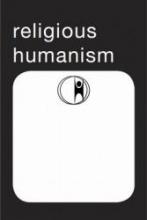Call for Papers on Naturalism
Submissions on the subject of "Naturalism" are sought by UU Humanists for the Spring, 2016 issue of the Journal of Religious Humanism, to be mailed to UU Humanist Association members and subscribers in May, and distributed at the 2016 UUA General Assembly in Columbus, OH., in June. Opinion pieces or short essays should be in the 800-1500 word range; a 3,000 word limit and a request for footnotes apply to longer articles of a more scholarly nature. Those submitting sermons are asked to convert to a suitable form for print publication, including citations, and the removal of protected text, such as complete hymn lyrics. Writers may submit completed pieces for consideration, or receive a preliminary decision on publication by sending an abstract. Read more about Call for Papers on Naturalism »







